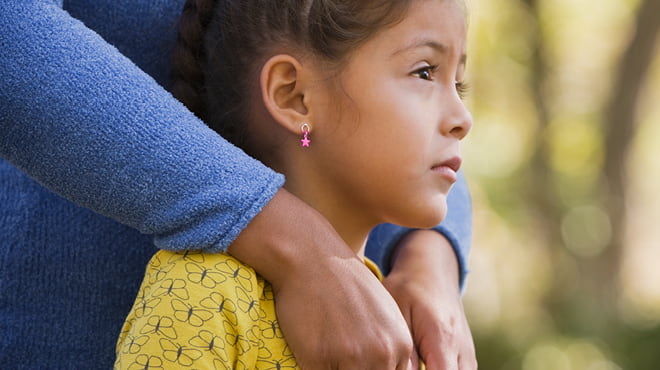Recent Posts
How youth marijuana, alcohol use impacts life

Marijuana use reached an all-time high in 2021 compared to the previous 10 years among young adults aged 19-30. On the other hand, a slight yet significant decline in marijuana use was seen for eighth, ninth, and 12th graders compared to 2020. It has been postulated that limited peer contact and increased parental supervision due to COVID-19 could have contributed to this decline. It will be interesting to see the future trends of marijuana use among this age group.
Marijuana use in teens
Marijuana contains more than 500 chemicals, of which delta-9-tetrahydrocannabinol (THC) is considered the primary psychoactive (mind-altering) compound. The concentration of THC in a marijuana product is directly proportional to its potency or how much of a high it will give when consumed. Marijuana use among adolescents and young adults can affect normal brain development, leading to problems in learning, memory, coordination, reaction time and judgment.
Excessive and frequent use of marijuana is associated with hallucinations, paranoia, and a range of emotional problems. The severe form of marijuana abuse is called marijuana use disorder. Youth who use marijuana at an early age, in high amounts and with the risk factors mentioned above are more prone to developing marijuana use disorder.
Alcohol use in teens
Key findings in a national survey on drug and alcohol use reported that binge drinking by young adults reached pre-pandemic levels in 2021 after a decrease in 2020. For men, binge drinking is five or more drinks consumed on one occasion. These numbers are cause for concern. The proportion of eighth, 10th, and 12th graders' alcohol use has declined in the past 10 years, but the present numbers are still troubling, especially regarding binge drinking.
Studies show that the use of alcohol is associated with tobacco use and risky behaviors. The use of alcohol also is associated with youth mortality from motor vehicle accidents or suicide and disruptions in significant day-to-day life with school, work and family that are important for healthy development.
Marijuana and alcohol co-use
Marijuana and alcohol are the most used substances by adolescents and young adults. People who use either substance report use of the other substance in their lifetime, or concurrent use. A significant proportion of people also report consuming marijuana and alcohol simultaneously. The concurrent and simultaneous use of marijuana and alcohol is of major concern because of its association with greater negative social and medical health consequences. For example, co-use is associated with impaired driving, involvement in the criminal justice system, and higher rates of alcohol and cannabis use disorders and psychiatric problems.
What parents need to know about substance use
Talking early with your child about the risks of substance use and continuing this discussion over time may prevent the first use and protect your child's brain and day-to-day functionality. If you suspect your child is using substances, have an open dialogue without making negative or angry comments.
Offer your child educational material and facts about substance use. Involve your child's primary care professional to educate your child and screen for substance use so an appropriate referral for addiction treatment can be made.
Learn more about youth substance use:
- Teen drug abuse: Help your teen avoid drugs
- High-risk substance use among youth
- Parent conversation starters
Pravesh Sharma, M.D., is a psychiatrist in Psychiatry & Psychology in Eau Claire, Wisconsin.




